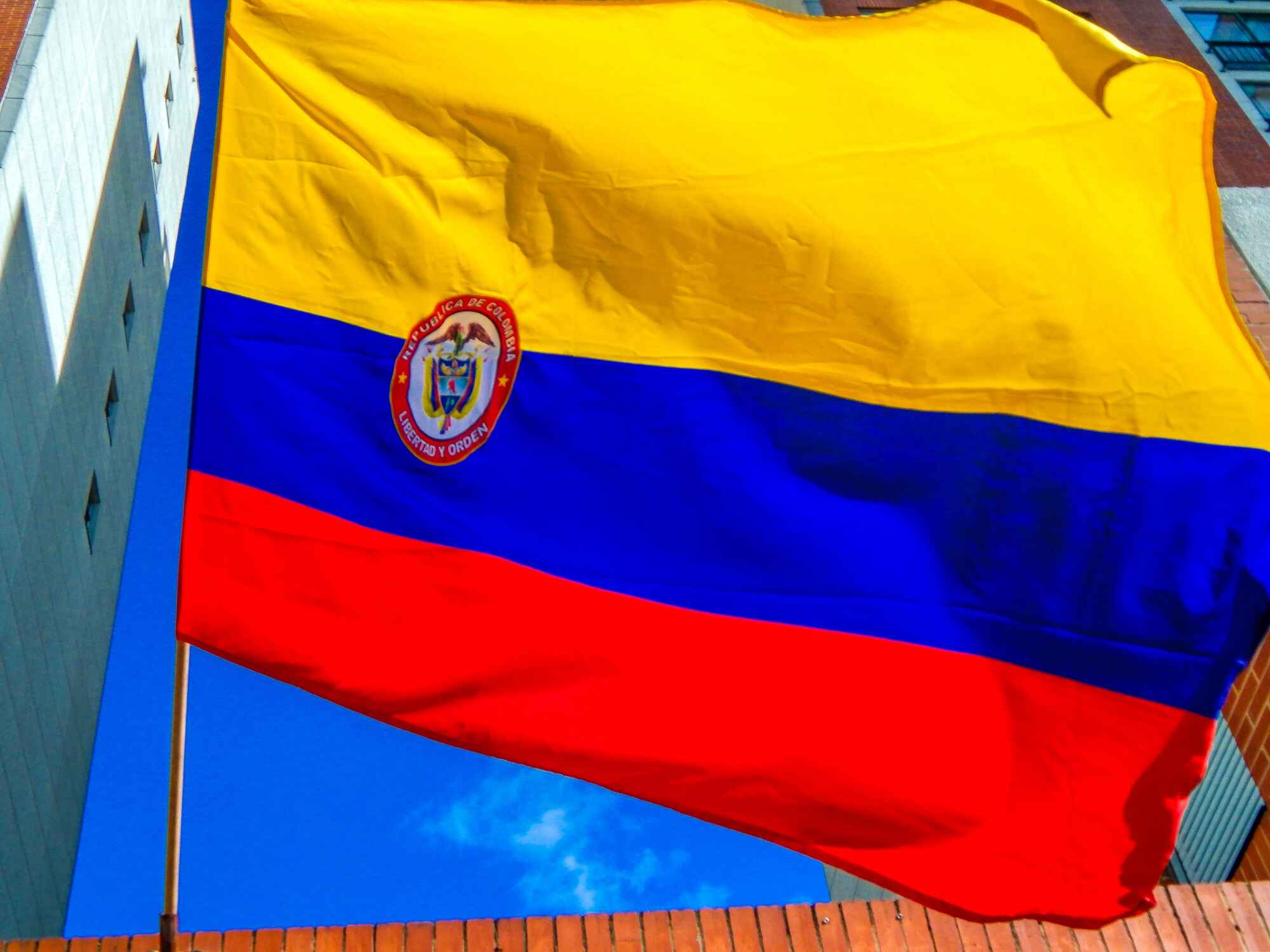
Posted On : Nov 7 2024
United Self Defense Forces of Colombia (AUC): A Complex Legacy of Paramilitarism
The United Self Defense Forces of Colombia (AUC), known in Spanish as Autodefensas Unidas de Colombia, was a paramilitary organization that operated in Colombia from the 1990s to the mid-2000s. Initially formed as a response to guerrilla violence, the AUC eventually became embroiled in criminal activities and human rights abuses. This article will delve into the origins, evolution, actions, and eventual demobilization of the AUC

The AUC emerged in the early 1990s as a network of paramilitary groups in Colombia, primarily in response to the violent actions of leftist guerrilla groups such as the Revolutionary Armed Forces of Colombia (FARC) and the National Liberation Army (ELN). The paramilitaries saw themselves as a self-defense force for landowners, businessmen, and other civilians threatened by guerrilla violence.
While the AUC claimed to be protecting local communities from guerrilla violence, it became increasingly involved in criminal activities. The organization funded itself through drug trafficking, extortion, illegal mining, and other illicit ventures. Some factions of the AUC, often operating semi-independently, engaged in widespread human rights abuses, including massacres, forced displacement, and assassinations.
The AUC's involvement in criminal activities and human rights abuses led to its designation as a terrorist organization by Colombia, the United States, and the European Union. This designation had legal and diplomatic consequences, including efforts to dismantle the AUC and bring its leaders to justice.
In the mid-2000s, the Colombian government initiated a demobilization process for paramilitary groups, including the AUC. The process aimed to disarm and reintegrate former AUC members into society. Thousands of fighters laid down their weapons, and the AUC officially disbanded in 2006.
The demobilization process raised questions about justice and accountability. Many AUC leaders and members faced charges for their involvement in criminal activities and human rights abuses. The Colombian government established a legal framework to prosecute those responsible for these crimes. Some former AUC leaders cooperated with authorities, providing information about their criminal activities and human rights abuses.
The AUC's legacy is complex and controversial. While the demobilization process led to a reduction in paramilitary violence, it also created challenges. Some former AUC members formed criminal groups known as "Bacrims," which continued to engage in illegal activities. Additionally, land disputes and violence persisted in some regions despite the AUC's dissolution.
Human rights organizations have expressed concerns about the Colombian government's handling of the demobilization process and the justice system's ability to hold AUC leaders accountable. Victims of AUC violence continue to seek justice and reparations.
The United Self Defense Forces of Colombia (AUC) represents a complex and troubled chapter in Colombia's history. While the organization claimed to be a self-defense force protecting communities from guerrilla violence, it became deeply entangled in criminal activities and human rights abuses. The demobilization process marked a significant step toward reducing paramilitary violence, but challenges related to justice, accountability, and the ongoing impact of AUC-related violence remain. The AUC's legacy serves as a reminder of the complexities and difficulties associated with addressing paramilitarism and violence in Colombia. Efforts to promote reconciliation, justice, and peace in the country continue to evolve in the aftermath of the AUC's dissolution.
No Comments Added




















